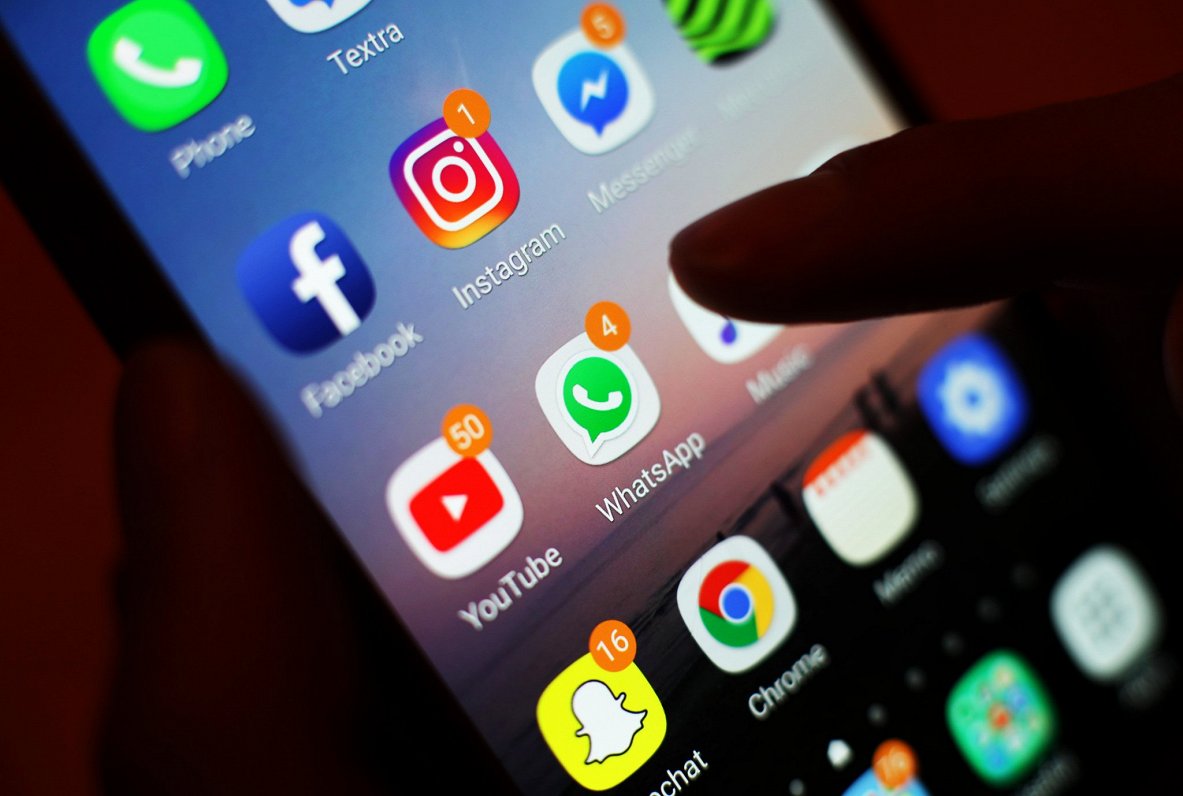Social networks today are a place where disinformation is spreading, and these platforms need to do much more to “limit these bad phenomena without limiting freedom of expression”, Makarovs said. According to him, social media should be more responsible, and there should also be more transparency in how platforms deal with this problem.
“COVID-19 time shows that a lot of nonsense and false information is being distributed on social platforms, and the platforms don't deal with it,” said Makarovs.
In the fight against disinformation, not only working with social platforms is essential, but also strengthening media literacy.
It is essential that people understand which media are reliable and which are not. It is also important that people want and are able to think critically.
“The problem is that people believe it [disinformation and fake news],” said Makarovs.
It is also necessary to learn to communicate better and more clearly with the public, said the expert, stressing that various prohibitions on stopping the spread of disinformation and the consequent limitation of freedom of expression do not work.




























